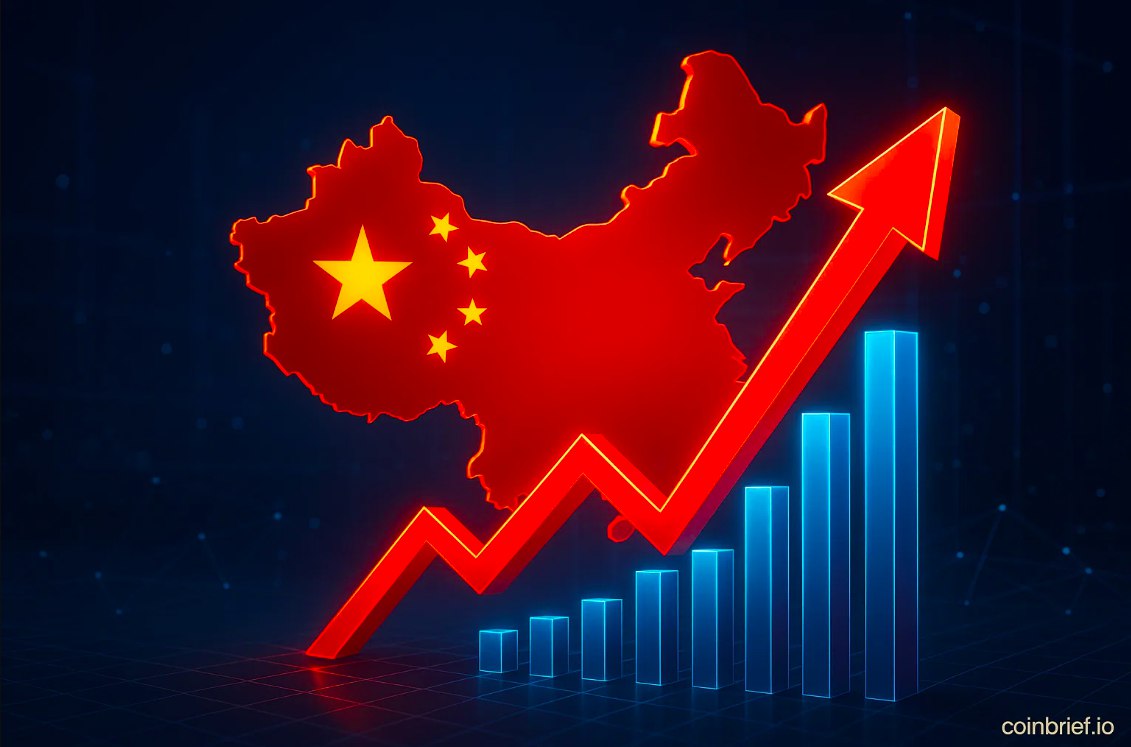- China controls 60% of global rare earth production, creating supply risks.
- European automakers face potential shortages in batteries and semiconductors.
- Policymakers must engage China to secure critical material supply.
China’s latest restrictions on rare earth exports have sent shockwaves through the global automotive sector. Automotive industry groups warn that these measures could trigger a period of supply chain disruption, particularly affecting electric vehicle (EV) production and high-tech applications that rely heavily on rare earth metals.
Supply Chain Under Pressure
The German Association of the Automotive Industry (VDA) has highlighted the severe impact of China’s export restrictions, which affect neodymium and other critical minerals used in batteries and semiconductors. “The new measures go even further than the April curbs, exacerbating the supply situation for strategic materials,” a VDA spokesperson told CNBC. European carmakers are now grappling with delayed shipments and higher costs, challenging the continent’s automotive production capabilities.
Italy’s ANFIA lobby also warned that reserves of rare earth metals, which had buffered earlier supply disruptions, are now at risk of depletion. “The buffer is not there anymore,” said Roberto Vavassori, ANFIA chairman, emphasizing the urgency of alternative sourcing strategies.
China’s Dominance in Critical Minerals
China currently controls approximately 60% of the world’s rare earth production and 90% of global refining capacity. This dominance creates a strategic bottleneck, particularly as demand for rare earths skyrockets amid the global shift to clean energy and EV adoption. U.S. officials have previously flagged this as a national security concern, while European policymakers now face mounting pressure to engage China and secure reliable supply chains.
Looking Ahead
Analysts caution that while current inventories in Europe may prevent immediate production halts, shortages could intensify if diplomatic talks fail to ease restrictions. Industry voices are calling on Brussels and Berlin to negotiate urgently with Beijing, ensuring that critical materials remain accessible for battery, semiconductor, and automotive production.
As global demand for EVs and high-tech products grows, China’s rare earth policies could reshape the strategic landscape for years, underscoring the fragility of supply chains that depend heavily on a single dominant supplier.
Also Read: 2 Chinese AI Driving Firms File $Billion Hong Kong IPOs — Can They Beat Baidu & Waymo?
China’s rare earth export restrictions are more than a trade issue—they are a potential catalyst for widespread supply chain disruption. European automakers must act fast to secure materials, diversify suppliers, and mitigate risks as the global push toward electrification and clean energy accelerates.
Disclaimer: The information in this article is for general purposes only and does not constitute financial advice. The author’s views are personal and may not reflect the views of CoinBrief.io. Before making any investment decisions, you should always conduct your own research. Coin Brief is not responsible for any financial losses.




